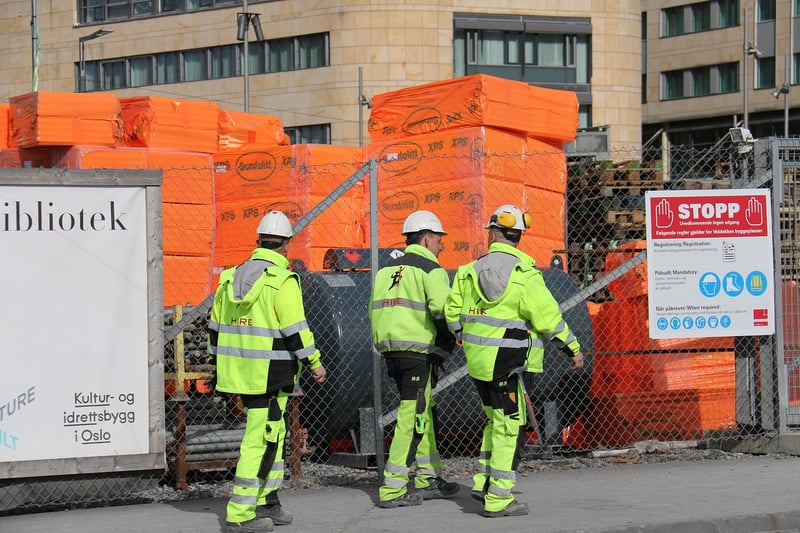Fact-Checking
Separating Fact from Fiction: The Importance of Fact-Checking
In today's digital age, where information spreads rapidly through social media and online platforms, distinguishing fact from fiction has become increasingly challenging. With the rise of fake news and misinformation, it's more important than ever to engage in fact-checking to ensure the accuracy and credibility of the information we encounter.
What is Fact-Checking?
Fact-checking involves verifying the accuracy of claims, statements, or information presented as facts. It requires thorough research, cross-referencing multiple sources, and confirming details to determine the truthfulness of a piece of information.
Why is Fact-Checking Important?
Fact-checking plays a crucial role in preserving the integrity of information and preventing the spread of misinformation. It helps individuals make informed decisions, promotes critical thinking, and safeguards against the manipulation of facts for biased or deceptive purposes.
How to Fact-Check:
- Verify the source: Check the credibility of the source providing the information.
- Look for supporting evidence: Cross-reference the information with reliable sources and fact-checking websites.
- Examine the context: Consider the context in which the information is presented to avoid misinterpretation.
- Check for biases: Be aware of any potential biases that may influence the information being presented.
Tools for Fact-Checking:
- Snopes - A widely known fact-checking website that debunks myths and rumors.
- FactCheck.org - A nonpartisan, nonprofit organization that monitors the factual accuracy of political statements.
- PolitiFact - A fact-checking website that rates the accuracy of claims by elected officials and others.
Importance of Being a Critical Consumer of Information
By developing critical thinking skills and being vigilant about fact-checking, individuals can protect themselves from falling victim to misinformation and fake news. It is essential to question information, seek evidence, and verify facts before accepting them as true.
Remember, in a world where misinformation can spread rapidly, being a responsible consumer of information is key to upholding the truth and ensuring the accuracy of the content we encounter.

